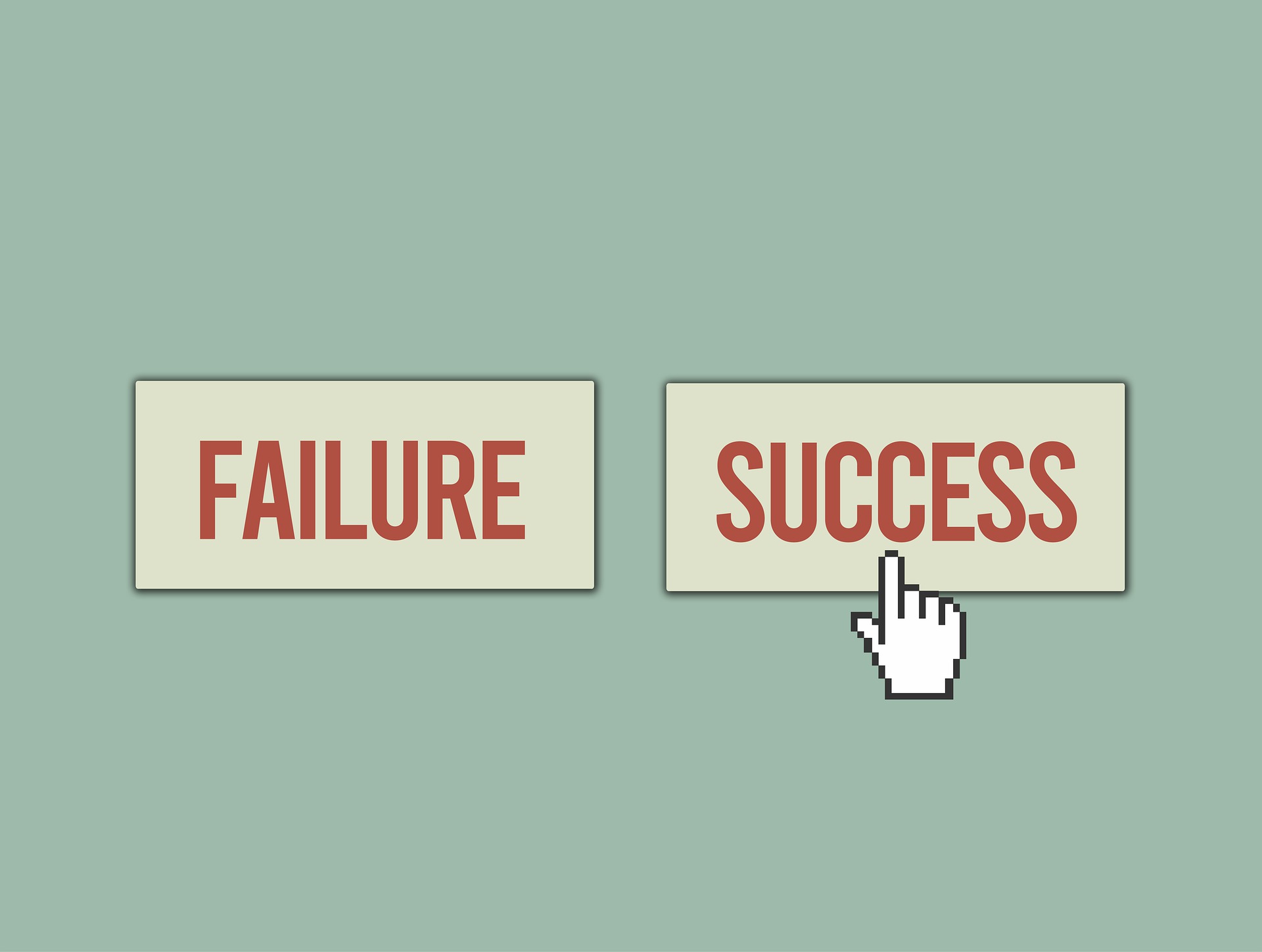Loopholes and Consequences
The implications of participatory economics are all ideal in theory. However, the main concept and principles put forward by Michael Albert, Robin Hahnel and others are often criticized as being utopian and impossible to implement. Common loopholes burst the idealistic bubble of a perfect world in which everyone makes reasonable decisions guided by common sense and each individual considers social wellbeing their priority.
David Schweickart goes as far as qualifying parecon as not only impossible, but also an “undesirable” system. He brings a couple of valid points that found their support among critics. The first issue underlined is that the entire concept is heavily based on comparison with the existing model and quantifying job complexity and product consumption. For that reason, what we expect to be a novel approach turns out to merely qualify as the opposite of everything we are currently doing. Consequently, we risk limiting our choices and miss out on better alternatives.
Schweickart’s most supported concerns mention:
Workplace implications
Creating ideal jobs with a desired level of autonomy and self-management may be highly ineffective and lead to workplace inefficiency. The proposed peer evaluation is also characterized as a flawed idea. The reason is that people with lower responsibility levels have a high chance of doing the bare minimum and rely on their colleagues to lift the heavy weights. In an ideal world, we would each be accountable for our actions, but we all know that is not the case. On top of slacking off on the clock, peer reviews risk being biased. Co-workers often bond with each other and feel uncomfortable providing honest feedback.
Paying workers based on their effort raises the concern of correctly measuring the amount and quality of work. One of the consequences is affecting the work morale on account of the egalitarian approach. Individuals working longer hours and putting in more effort to get the same wage as the ones slacking off will definitely be demotivating.

Economic consequences
Thus far, participatory economics operates with ambiguous or abstract terms, such as “opportunity cost”, which is hard to measure to say the least. In the current context, our understanding of opportunity cost is weak. One downside is the lack of a strong connection between economic choices and financial consequences. Consequently, it will be difficult to measure the economic consequences resulting from this model.
Environmental effect
Another downside involves environmental concerns when applying parecon-type economics in an industrialized society like ours, which has caused damage to our planet by consuming its natural resources at increased speed for decades. This situation makes us ask ourselves whether or not we can implement this model in today’s world without facing negative repercussions (pollution, climate change…) that could threaten future generations.
As for participatory economy's insistence on cooperation, it is in dire need of clarifications in regards with competition in the economic field among individuals.